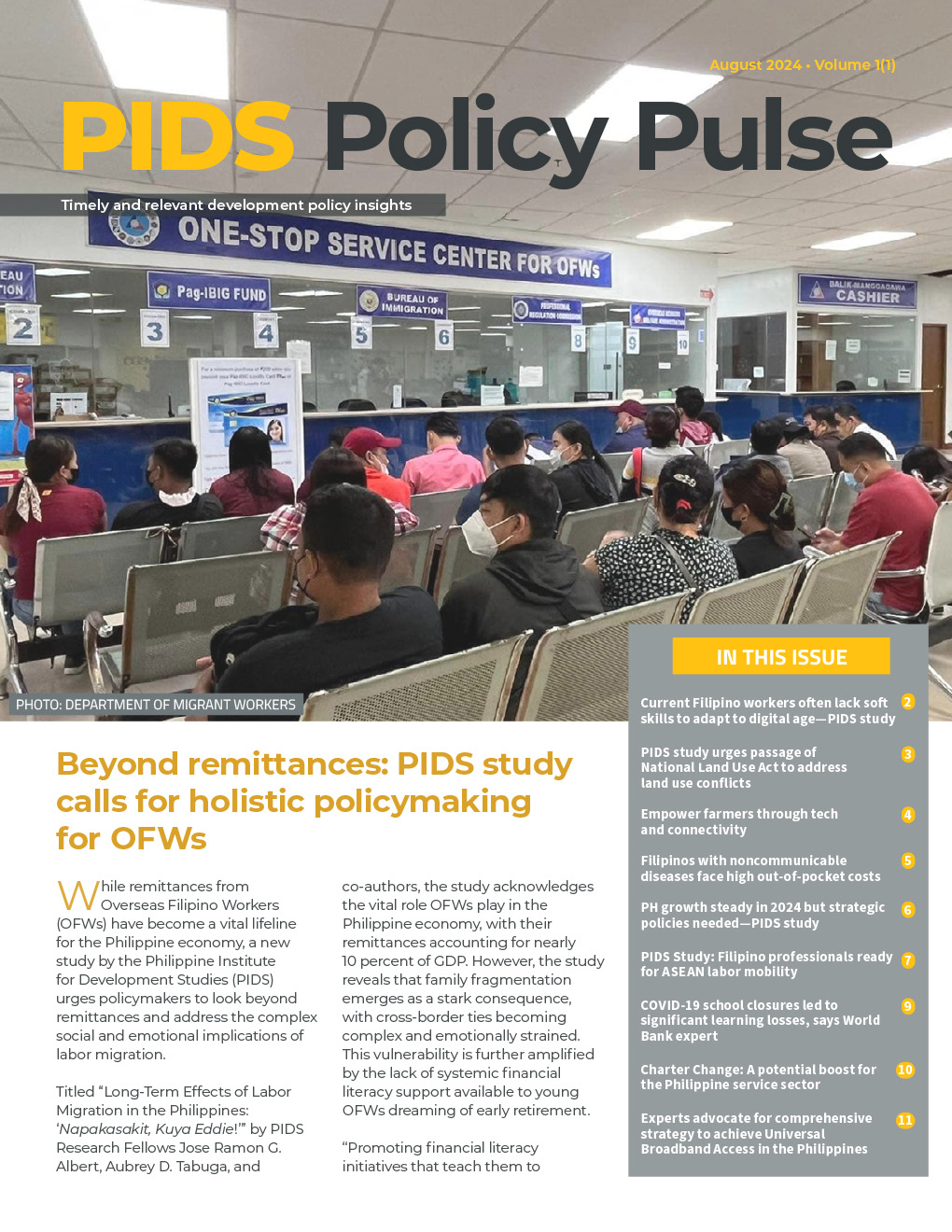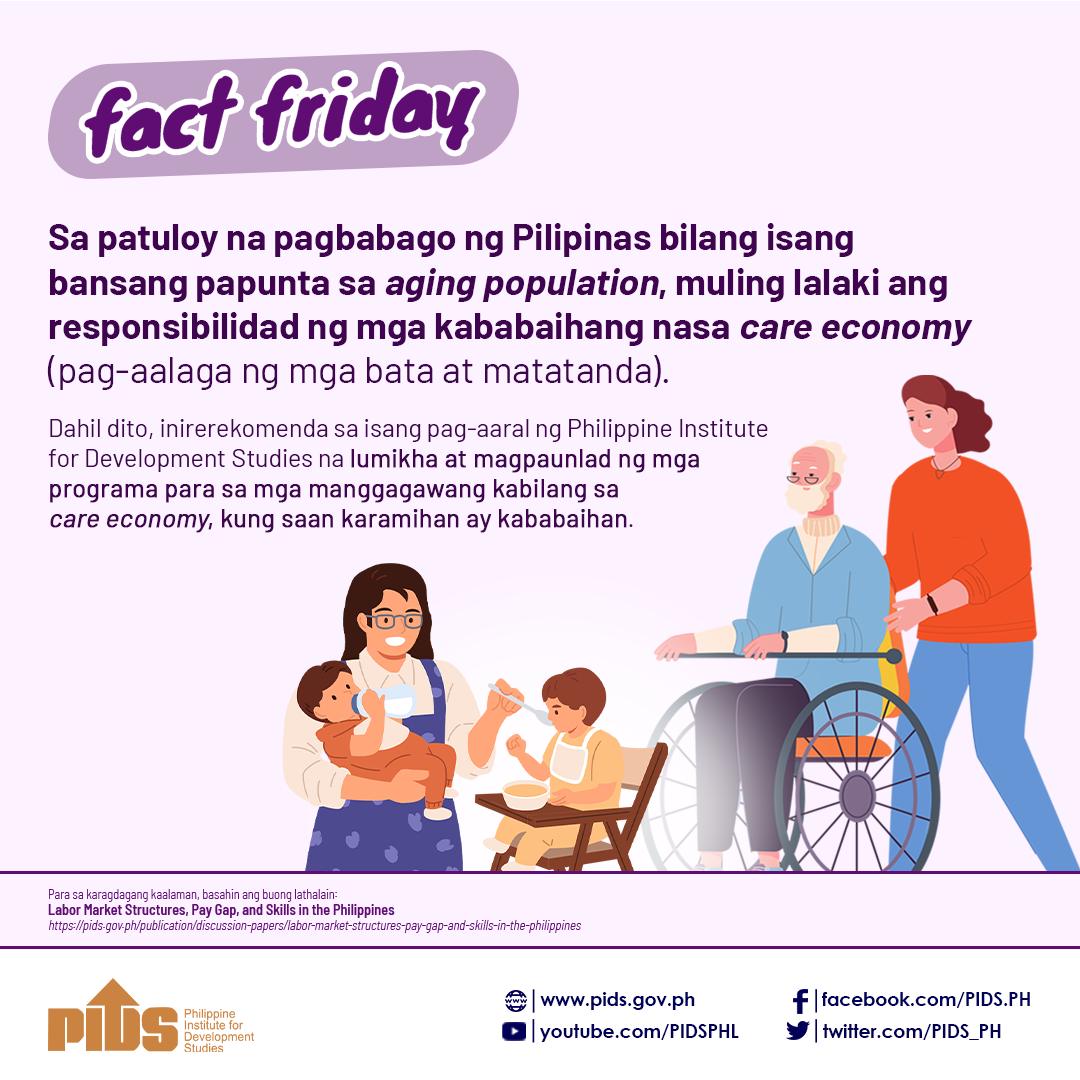To increase woman-entrepreneurs in Asia-Pacific Economic Cooperation (Apec) economies, a study released by the Philippine Institute for Development Studies (PIDS) urged Apec members to give tax breaks to women-run businesses.
In a study titled "Challenges in the economic participation of women as entrepreneurs,” PIDS consultant Lucita Lazo said having more woman-entrepreneurs make for more inclusive economies.
"Actions to remove the barriers to women entrepreneurship are essential to ensure the growth of women enterprises. Apec economies can look into affirmative measures such as providing tax holidays and more suitable social security requirements for SMEs [small and medium enterprises] and women enterprises in the informal sector,” the study stated.
The study cited 2008 data showing that in the Philippines, more women (54 percent) than men (46 percent) register their business.
However, in succeeding years when the business has to be renewed, more men, 55 percent, than women, 45 percent, renew their business.
The study stated that women find it difficult to balance their domestic duties with business responsibilities.
"Increasing the economic opportunities of women in the Apec economies is smart economics. It could well be the gateway to prosperity and a way out of poverty,” the study stated.
Further, the Department of Trade and Industry data showed that in 2009, around 54 percent of enterprises were female-owned.
However, most of these enterprises are small, consisting of only the owner/manager without any employees.
Women usually have little capital or below P10,000 and thus can only penetrate activities with low-entry barriers, such as retail trade, food stalls, or personal services, which also have low productivity.
Increasing the economic opportunities of women in Apec economies is critical to achieve inclusive growth in the Asia-Pacific region. For this to happen, an enabling environment for woman-entrepreneurs should be present to realize their full economic potential.
In the Philippines, the bulk, or 91.6 percent, of micro, small and medium enterprises (MSMEs) is composed of micro enterprises. The rest, or 7.7 percent, are small businesses and 0.4 percent are medium-size enterprises.
The study also said MSMEs constitute the vast majority of enterprises in the Philippines. In 2006 they accounted for 99.7 percent of all enterprises and provided almost 70 percent of the jobs generated by all enterprises.











